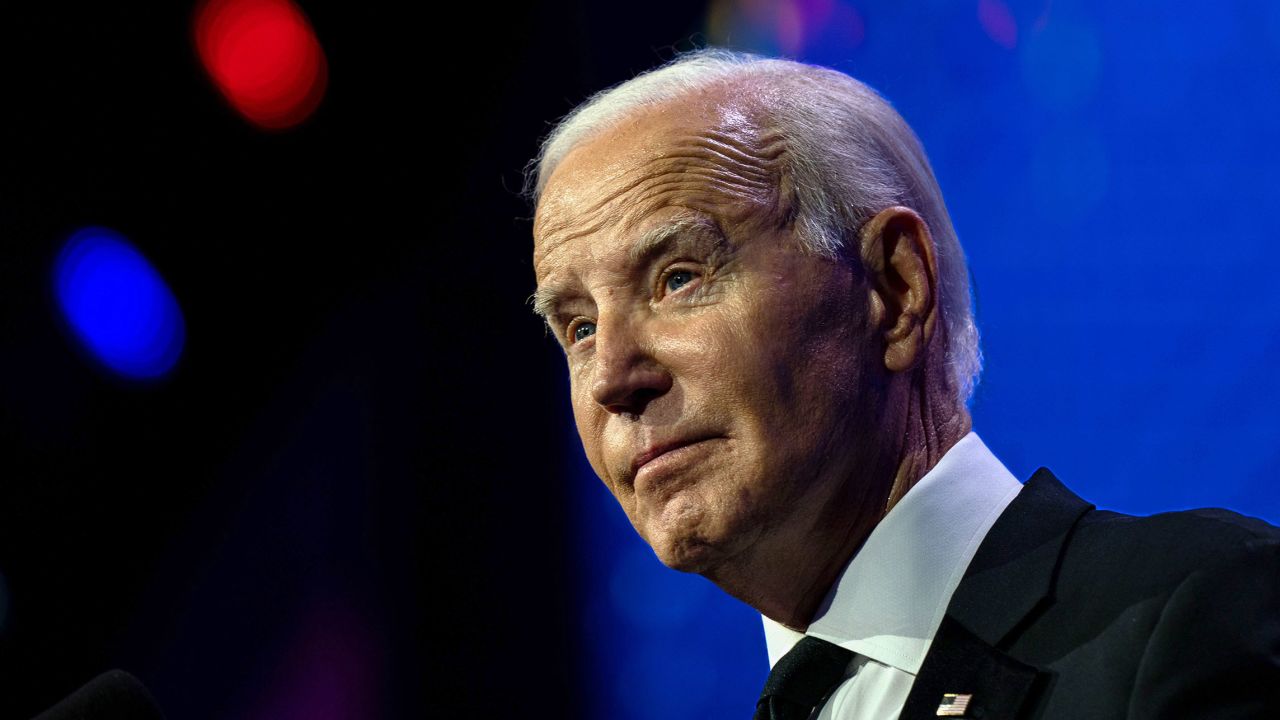In a recent executive order signed by President Joe Biden, the United States is taking measures to mitigate the potential risks posed by artificial intelligence (AI) to consumers, workers, minority groups, and national security. The order, issued on Monday at the White House, mandates that developers of AI systems that present risks to U.S. national security, the economy, public health, or safety must share the results of safety tests with the U.S. government, aligning with the provisions of the Defense Production Act, before these technologies are released to the public. Furthermore, the order directs government agencies to establish testing standards and address associated risks, including chemical, biological, radiological, nuclear, and cybersecurity concerns.
President Biden emphasized the need to govern AI technology to unlock its potential while safeguarding against misuse. He noted that AI, when in the wrong hands, can facilitate hackers in exploiting vulnerabilities within critical software infrastructure.
This executive action represents the latest step by the administration to create a regulatory framework for AI in the absence of comprehensive regulation. The order has generated a mixed response from industry and trade groups. Bradley Tusk, CEO of Tusk Ventures, a venture capital firm with investments in tech and AI, welcomed the move but expressed concerns about tech companies hesitating to share proprietary data due to potential competition risks.
NetChoice, a national trade association comprising major tech platforms, criticized the order as an “AI Red Tape Wishlist,” asserting that it could stifle innovation and expand federal government influence over American innovation.
The executive order extends beyond the voluntary commitments made earlier this year by AI companies like OpenAI, Alphabet, and Meta Platforms, which pledged to label AI-generated content to enhance safety.
As part of the order, the Commerce Department will develop guidelines for content authentication and watermarking to label AI-generated items, ensuring clarity in government communications.
Additionally, the Group of Seven (G7) industrial countries will collaborate to establish a code of conduct for companies engaged in advanced AI development.
Max Tegmark, President of the Tech policy think tank Future of Life Institute, emphasized the urgency for policymakers, including Congress, to enact enforceable laws that address AI threats and protect progress. President Biden also urged Congress to take action, particularly in enhancing personal data protection.
U.S. Senate Majority Leader Chuck Schumer expressed his intent to introduce AI legislation within a few months.
The executive order acknowledges the potential for AI to exacerbate bias and civil rights violations. To address this, it calls for guidance for landlords, federal benefits programs, and federal contractors to prevent AI algorithms from perpetuating discrimination.
Moreover, the order seeks the development of “best practices” to address the potential negative impacts of AI on workers, including job displacement, and mandates a report on labor market consequences.

